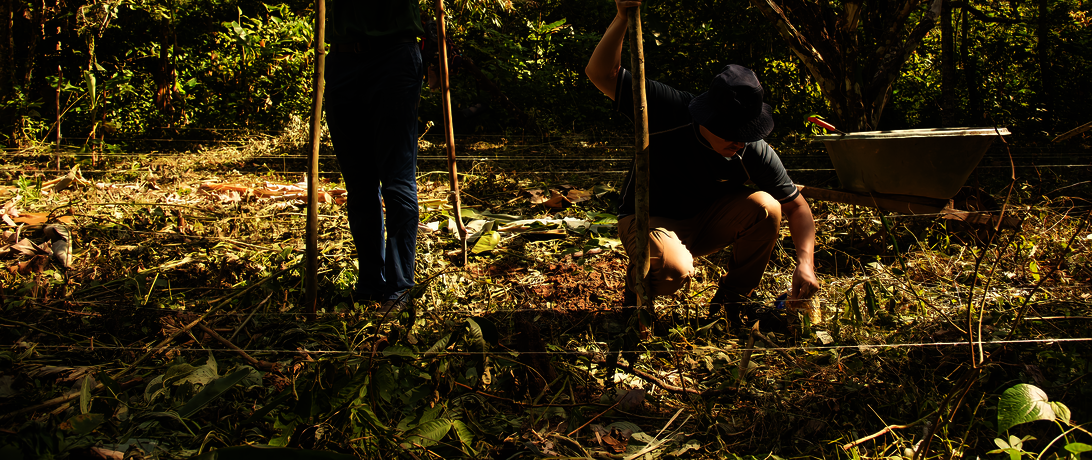
In the event "Peace in Theory and Practice: A Discussion on Peace Systems", the researcher Douglas Fry and the director of PASO Colombia, Juan Fernando Lucio, joined in a conversation about their theories of peacebuilding and the practical experience in the Colombian context.
To c
ontribute to the dialogue between peacebuilders and those developing academic research on the subject, One Earth Future and the War Prevention Initiative organized the event "Peace in Theory and Practice: A Discussion on Peace Systems". Researcher Douglas Fry, Professor of Peace and Conflict Studies at the University of North Carolina joined the Director of PASO Colombia, Juan Fernando Lucio in conversation about turning the theory of peace into practice.
The discussion coalesced around the article "Societies with peace-building systems avoid war and build positive intergroup relations", by Fry and co-authors as its starting point. From their perspective, "peaceful interaction between societies is valuable not only in itself but also because they have the potential to promote the global collaboration needed to address global challenges such as pandemics, species loss, climate change and nuclear proliferation." Lucio reflected on PASO Colombia's work experience and the collaborative approach they have promoted in different territories across the country. "We have learned to recognize the importance of using production as a common theme so that people have a meeting point and so that they can start their peace-building systems from there: working together, sharing, creating new leaderships, proposing new economic horizons".
Douglas argues that interdependence, peace leadership, conflict management and a general identity counterbalance war and are clear features that contribute to peaceful relations between societies. On this issue, Juan Fernando insisted that since the original conception of PASO as a program, the need to "treat each other equally” was emphasized. “The idea of sharing time and space together is a priority to develop this sense of unity", which has had an evident positive result in the projects developed. "Last year, our productive units (such as poultry and fish farming, apiculture, animal feed production, among others,) reached 1 million dollars in sales. We have all been transformed by the experience of peace".
In the article, the researchers suggest that an understanding of peace-building systems has implications for "promoting positive and cooperative relationships between societies in a variety of other social contexts". However, at this point, Juan Fernando clarifies that:
"Our peace systems coexist with conflict dynamics. What I have seen is that when these relationship alternatives arrive, people decide to bet on peace even if it costs them their lives. It is a peace that confronts war.”
How do we build it? Perhaps one possible answer, and in line with the networking proposal promoted by PASO, is Fry's perspective that "interdependence decreases the chances that the parties involved will go to war with each other, thus strengthening the peace-building system".
Despite the violent context in which the projects supported by PASO Colombia are advancing, Lucio finally recalled that "when people come from a horizon of war [as in Colombia] there are many obstacles, but if we have decided to take the path of peace, there are elements to help us in this decision and persist. Sometimes we are more pessimistic, but we believe that peace is possible and collaborative life does offer better conditions".
Find here the article where Professor Douglas Fry explores how sustainable peace emerges from the complex connections between norms, contexts and conditions of countries, at peace or in conflict.
Article Details
Published
Topic
Program
Content Type
News